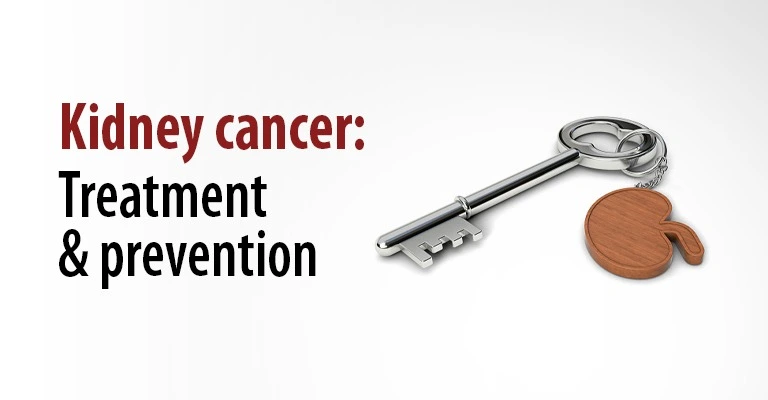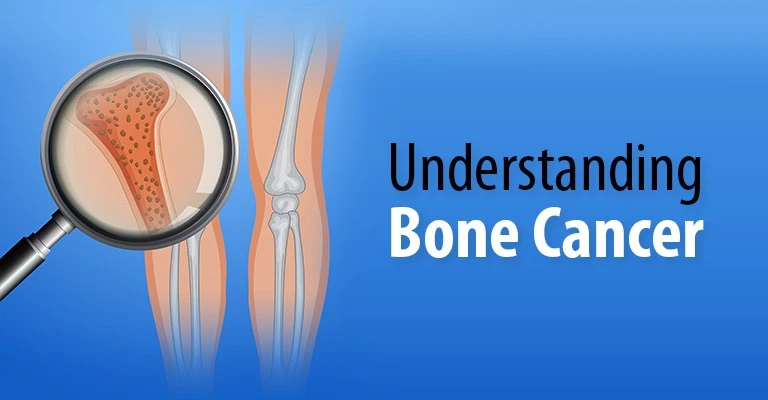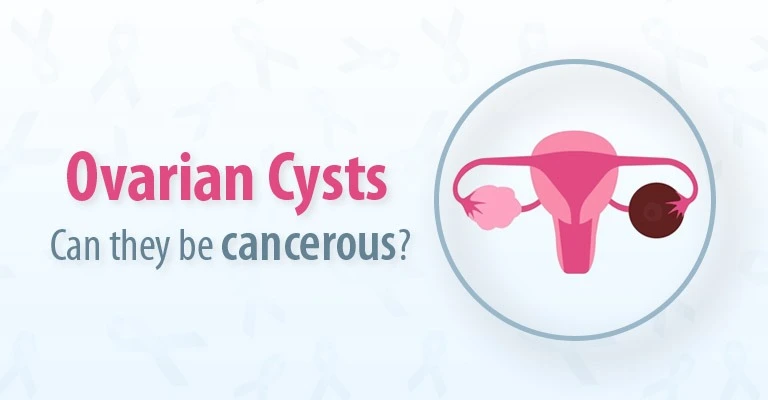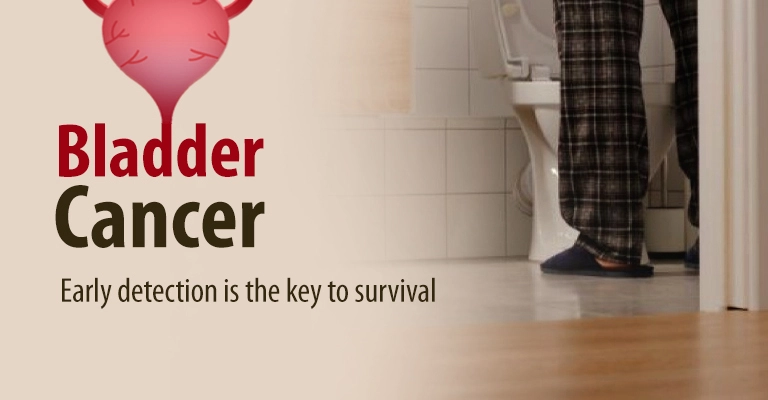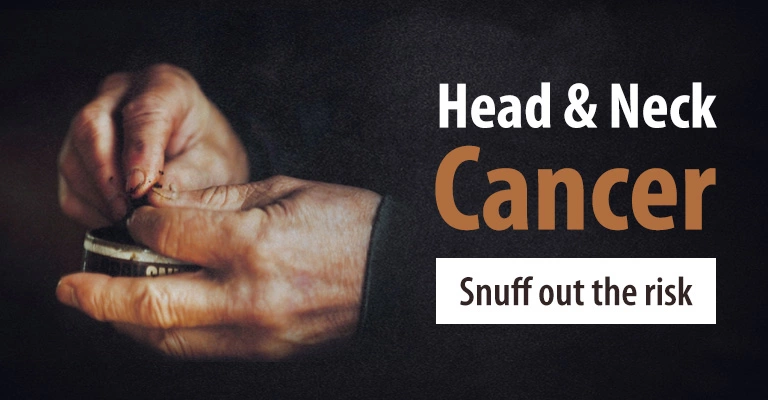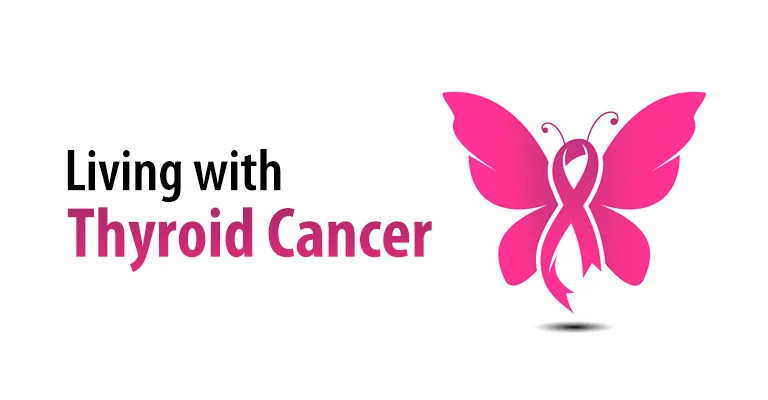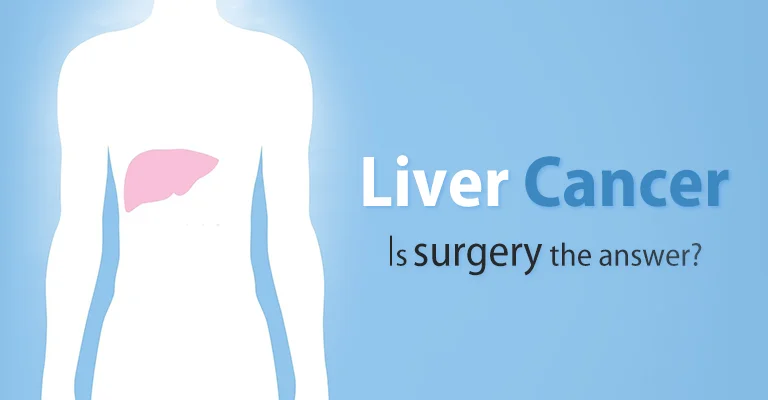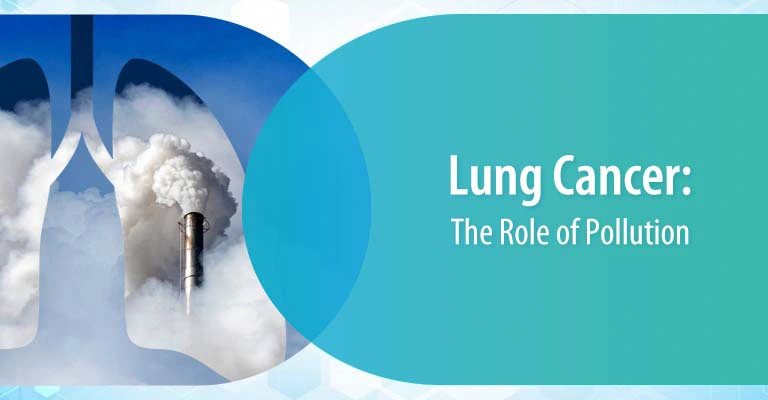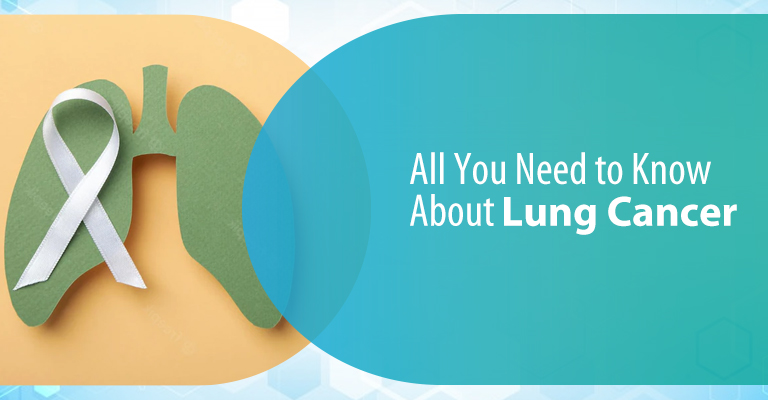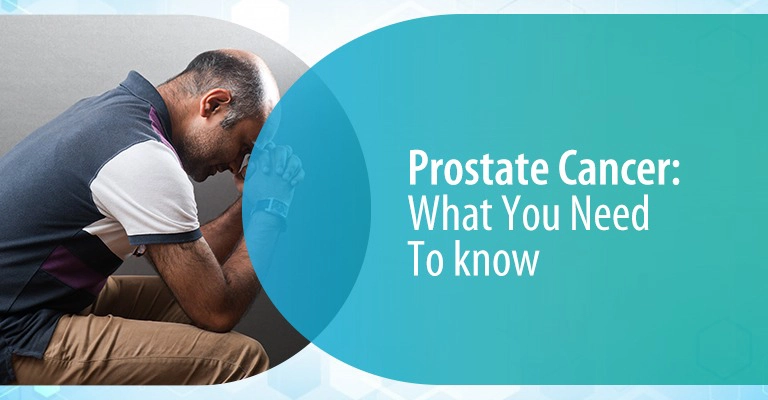
Before being diagnosed with prostate cancer, Swarn Singh had no knowledge of it. He didn’t even have symptoms. When Swarn Singh visited the GP for a general check-up because of his age (66 at the time) the doctor had asked him to get a Prostate-specific antigen (PSA) blood test done. When the results came back, the doctor asked him to go for some more tests.
He had a biopsy and remembers receiving a phone call from the consultant who confirmed that he had prostate cancer. Mr. Singh was in shock. Thankfully, the cancer was not aggressive and, after discussion with the physician, Mr. Singh decided to undergo radiotherapy followed by hormone therapy. Since then, he visits the GP every year for a PSA test. His PSA is 0.2 and hasn’t gone above 0.4 after treatment. Mr. Singh is healthy and satisfied with how his life is going.
What is prostate cancer?
Cancer starts when cells in the body start to grow out of control. The cells in almost any part of the body can become cancer cells and can spread to other areas too. A person is diagnosed with prostate cancer when cells in the prostate gland grow out of control.
What are the warning signs of prostate cancer?
While prostate cancer does not always have obvious symptoms in the early stages, there are a few signs that may indicate a prostate problem. Here are some of the potential warning signs of prostate cancer:
- A burning or painful sensation during ejaculation or urination
- Frequent urination, especially at night
- Difficulty starting or stopping urination
Some other possible early signs include unusual urine flow and unexplained pain around your prostate. If cancer spreads beyond the gland, men may experience swelling in the back, hip, or lower body as well as unexplained bowel habits or unexpected weight loss.
At this point, you should also note that the signs of prostate cancer are shared by some other, less-serious conditions also. If you are experiencing one or more of these symptoms, it does not mean that you are suffering from prostate cancer. At the same time, it is worth saying that a man who’s been diagnosed with prostate cancer may not be experiencing any of these symptoms.
What should I do if I have prostate cancer symptoms
If you are displaying any sign of prostate cancer, promptly consult a physician. Even benign prostate conditions such as prostate enlargement warrant timely medical attention, so avoid delaying seeking treatment. Prostate cancer is more easily treated when detected at an early stage.
Diagnosis
If screening detects an abnormality, your doctor may recommend further tests to determine whether you have prostate cancer, such as:
- Ultrasound
- Magnetic resonance imaging (MRI)
- Collecting a sample of prostate tissue
Treatment
Your prostate cancer treatment depends on factors, such as how fast the cancer is spreading, whether it has already spread, your overall health, and potential side effects or benefits of the treatment. Immediate treatment may not be necessary. In some cases, doctors recommend active surveillance. Other treatment options are as follows:
Surgery is an option to treat cancer that is confined to the prostate. Surgery is sometimes used to treat prostate cancer in advanced stages but in combination with other treatments.
Radiation therapy including both external beam radiation and prostate brachytherapy
Freezing prostate tissue involves using a cold gas to freeze the prostate tissue. The cycles of freezing and thawing aims at killing cancer cells and surrounding healthy tissues.
High-intensity focused ultrasound (HIFU) treatment uses concentrated ultrasound energy to heat the prostate tissue and cause it to die.
Hormone therapy aims to stop your body from producing testosterone as prostate cancer cells rely on testosterone to grow.
Chemotherapy for those prostate cancers that do not respond to hormone therapy.
Targeted drug therapy to treat specific abnormalities present in cancer cells. By blocking these abnormalities, targeted drug therapy kills cancer cells.
If prostate cancer returns
Prostate cancer can come back even after treatment. If the PSA level starts rising and if cancer does not spread beyond the prostate, it may mean that cancer cells are still there in the prostate area. If this happens, you may be monitored with regular blood tests or you may be offered further treatment, which is known as salvage treatment.
Your options will depend on your treatment. If you had surgery, you may be prescribed radiation therapy, and if you have undergone radiation therapy, you may be offered androgen deprivation therapy (ADT). If cancer spreads beyond the prostate, ADT is generally recommended. In some cases, surgery can be an option. You may also be offered palliative treatment for easing the symptoms.
Cancer can come back to another part of your body. In this case, you may have a treatment that focuses on the area where cancer has returned.



